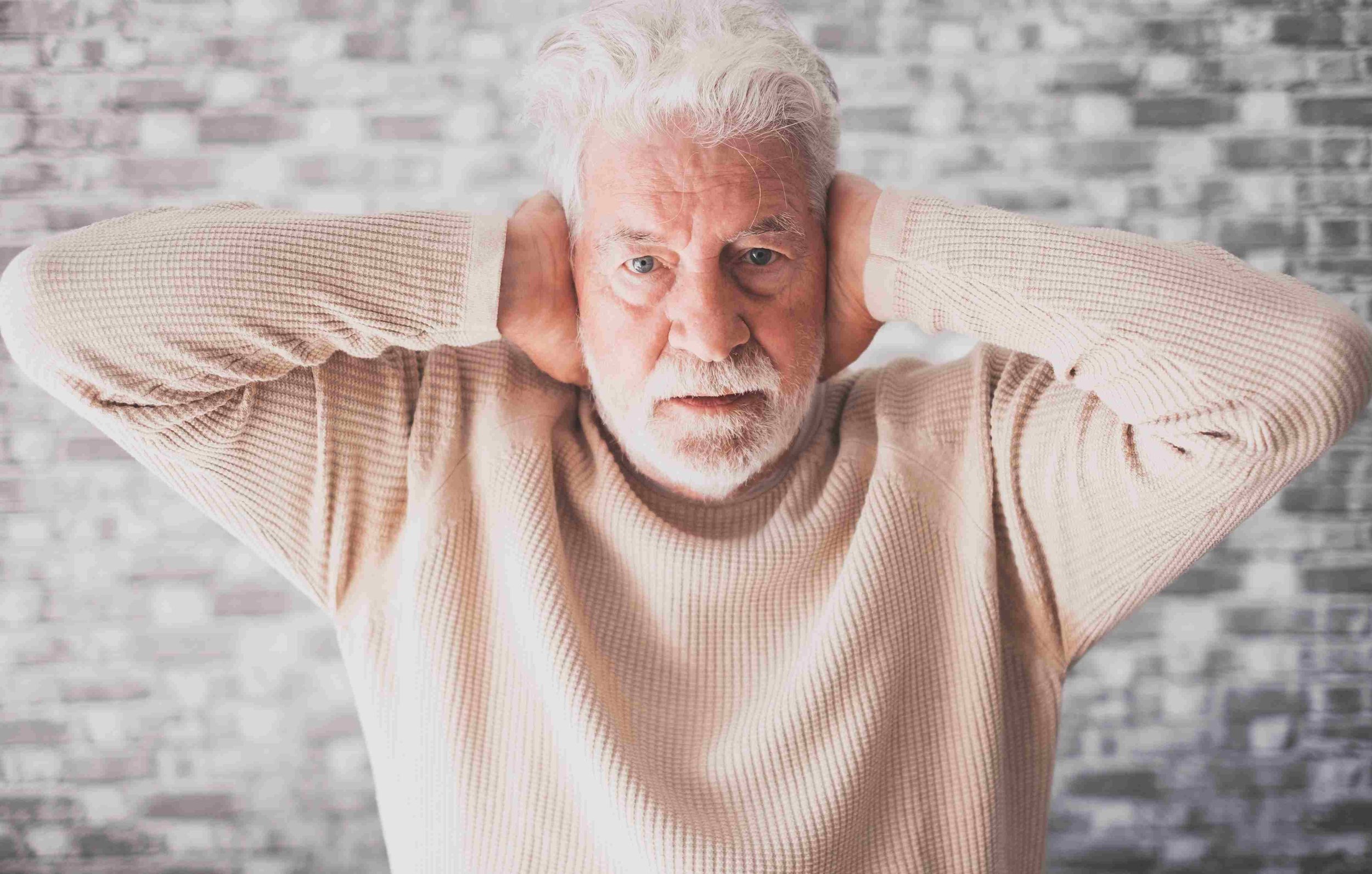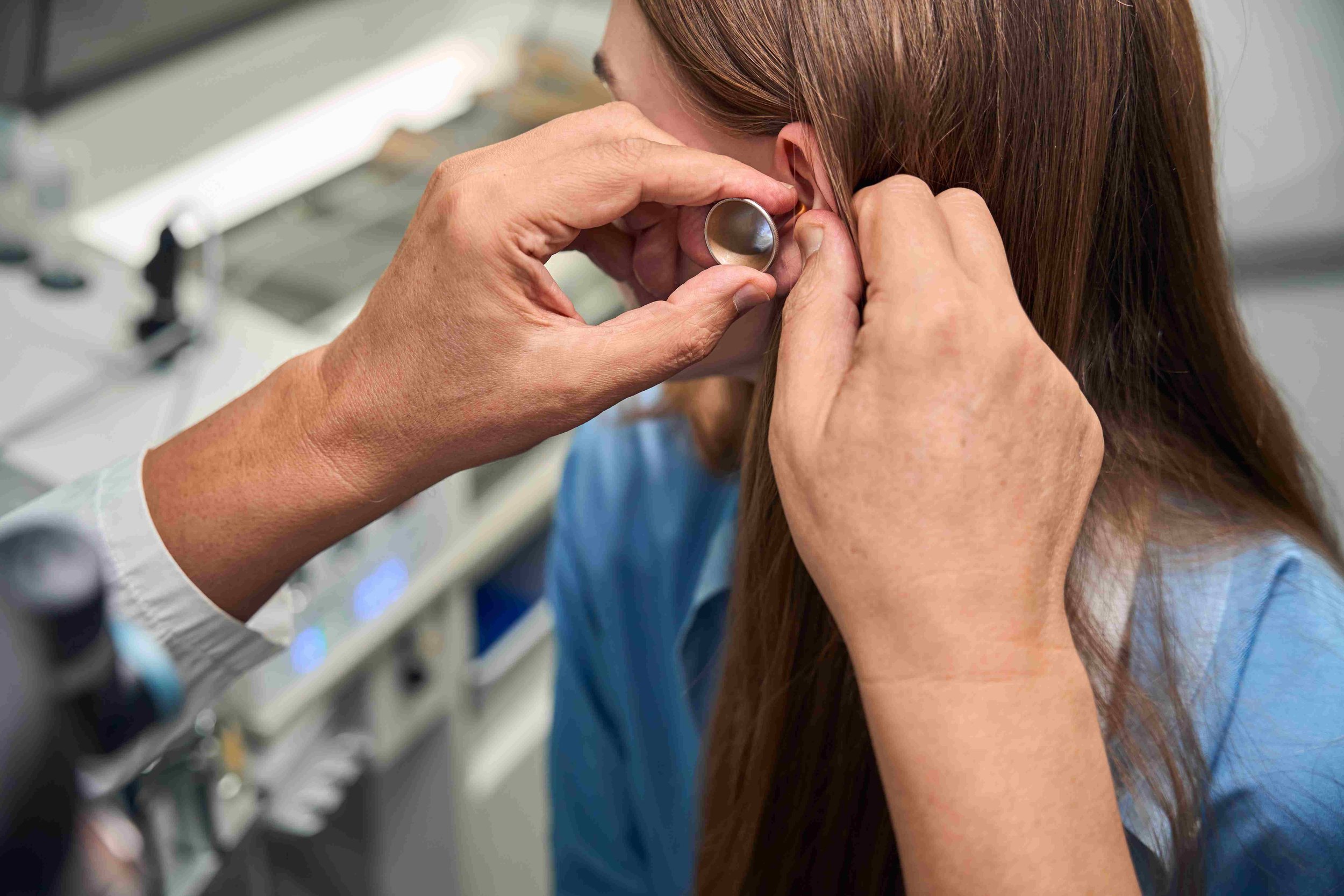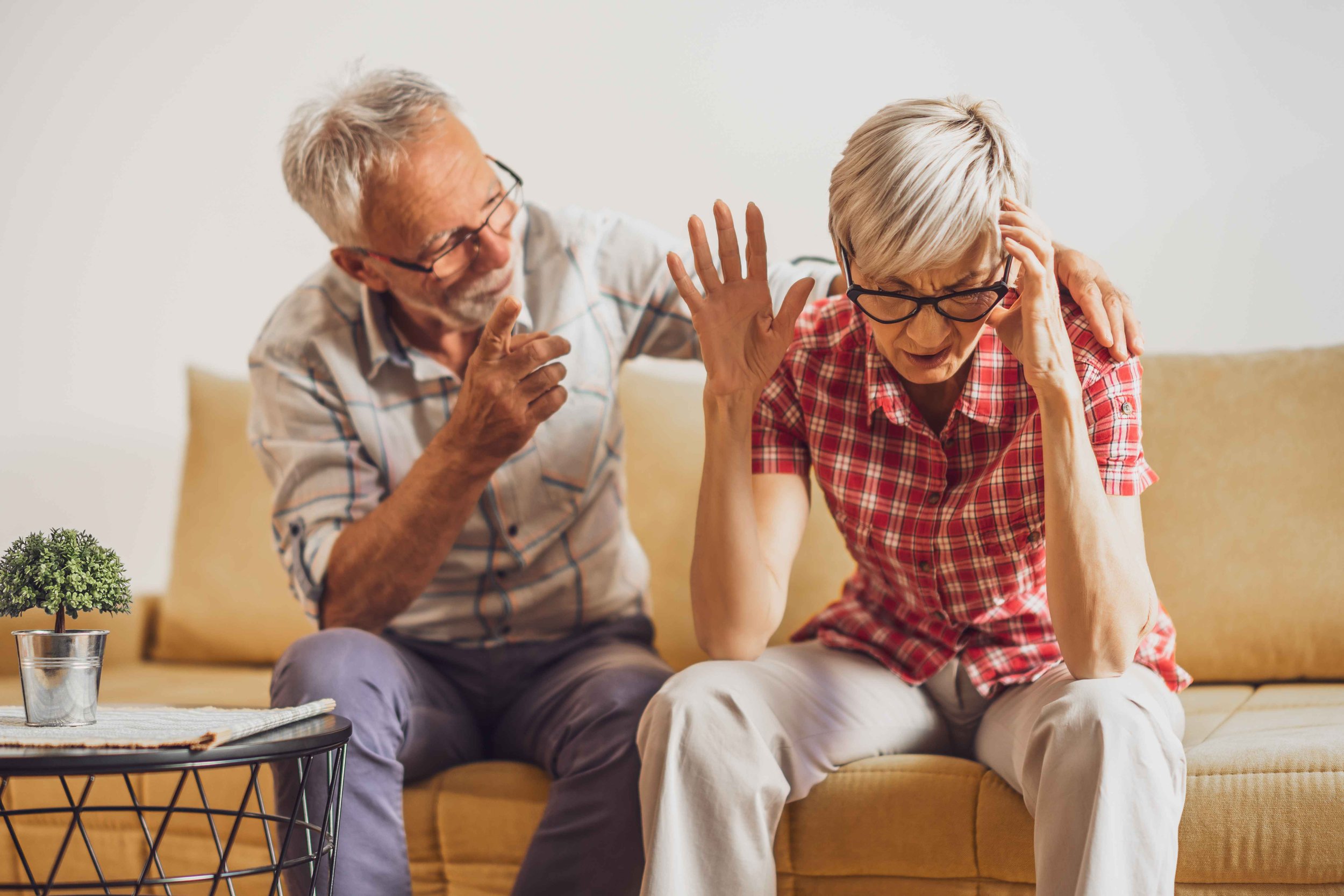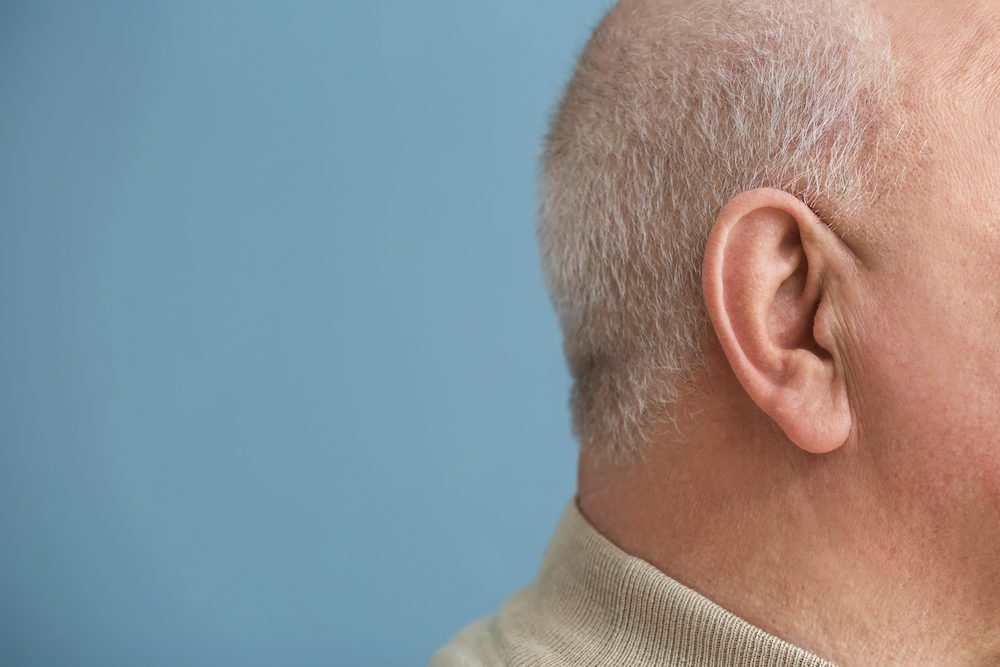
Why is Age-Related Hearing Loss Often Untreated?
With over 36 million Americans experiencing some form of hearing loss, this is the third most prominent chronic health condition. As such, it is crucial to seek help and advice. With one-third of Americans between the age of 65-74, as well as almost half of those over 75 experiencing hearing loss, it appears to correlate with getting older.

Hearing Loss and Hearing Aid Facts
According to the Center for Hearing and Communication, 48 million Americans have significant hearing loss. Among Americans over 65, one in three people have lost at least a degree of their hearing, whereas over 75, that number goes up to two out of three people.

Emotional and Social Impacts of Hearing Loss
Did you know that the one thing that separates us from all other living creatures on earth is the human ability to communicate through language? Our senses of speech and hearing are critical to our communication process.
Hearing Loss Communication Strategies
A lot of people have no idea how to clean their ears. If you think that your ear is filled with wax or clogged up, you might think about reaching for something to get rid of the issue. This could be a small piece of tissue, a pen lid or anything pointy to shovel it out.
Hearing Loss: A Common Problem for Older Adults
Hearing loss is far more common than you’d probably think. It’s usually gradual and you might not notice the changes right away. Hearing loss can also be frustrating and sometimes dangerous if you are not able to hear warnings. Luckily, there are a few things that you can do to try and help yourself.
Surprising Causes of Hearing Loss
In most situations, hearing loss is caused by damage to the nerves in your inner ear. If these nerves start to weaken, then it’ll negatively affect your ability to hear. In order to protect our ears, we use earmuffs, earplugs and other forms of protection to ensure that we aren’t exposed to loud sounds. However, there are other causes of hearing loss that might not be as obvious or well-known. So, in this post, we’re going to cover some of the more surprising causes of hearing loss.

Tinnitus and Hearing Loss: Causes, Connection, and Treatment Options
Our experts at Adirondack Audiology explain the connection between tinnitus and hearing loss. Learn about the causes, effects, and treatment options, including hearing aids, sound therapy, and lifestyle changes. Schedule a consultation today!

How Loud Noise Can Cause Tinnitus
It's important to take care of your ears. Damage to your ears can cause permanent hearing loss or other issues. Loud noise is one of the greatest threats to the health of your ears and your hearing. Prolonged exposure to loud noise or even just one, sudden loud noise can damage your hearing forever. Tinnitus is another consequence of damage to your ears, and can go hand in hand with hearing loss. Tinnitus can sound like a ringing, whistling, whooshing or other sound in your ear or head. If you have been exposed to loud noise, it could lead to tinnitus or might have caused it already.

How to Recognize the First Signs of Tinnitus
It is important to know that tinnitus can impact every person differently. Generally speaking, you may find that you hear a ringing, whooshing or buzzing sound that’s not really there. If you have a persistent ringing in your ears, then this can be annoying, not to mention that it can be in the form of a low-pitched roar or a squeal. In some people, it occurs constantly, in others it comes and goes. So, what does it sound like?

Addressing Hearing Loss: Don’t ‘Fall’ Behind on Your Hearing Health
Hearing loss affects all age groups worldwide. It has several causes, but the common ones are aging, persistent exposure to loud sounds and medication reactions.

Living with Hearing Loss: Practical Tips and Advice
Research has revealed that approximately 15% of American adults experience hearing loss. Even a minor hearing condition can have an impact on various aspects of your life, from relationships and work to your enjoyment of daily activities.
